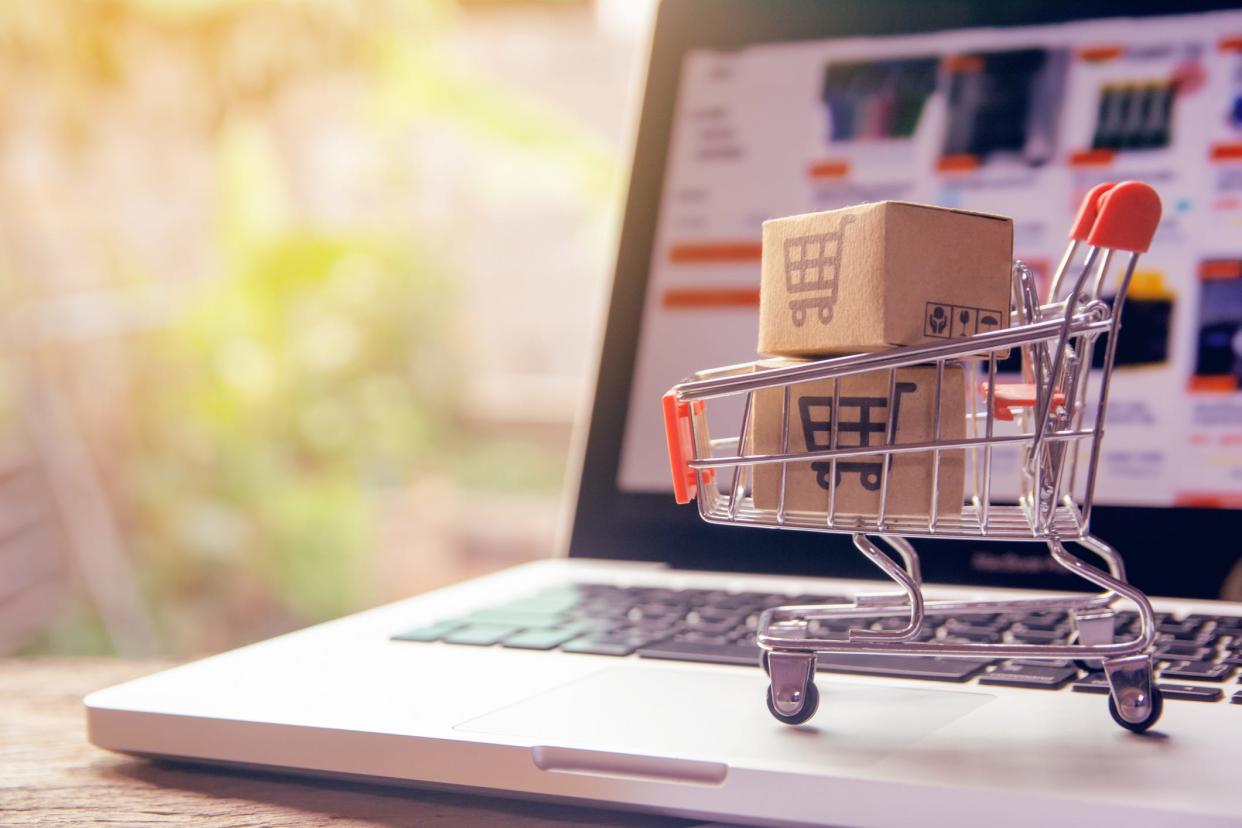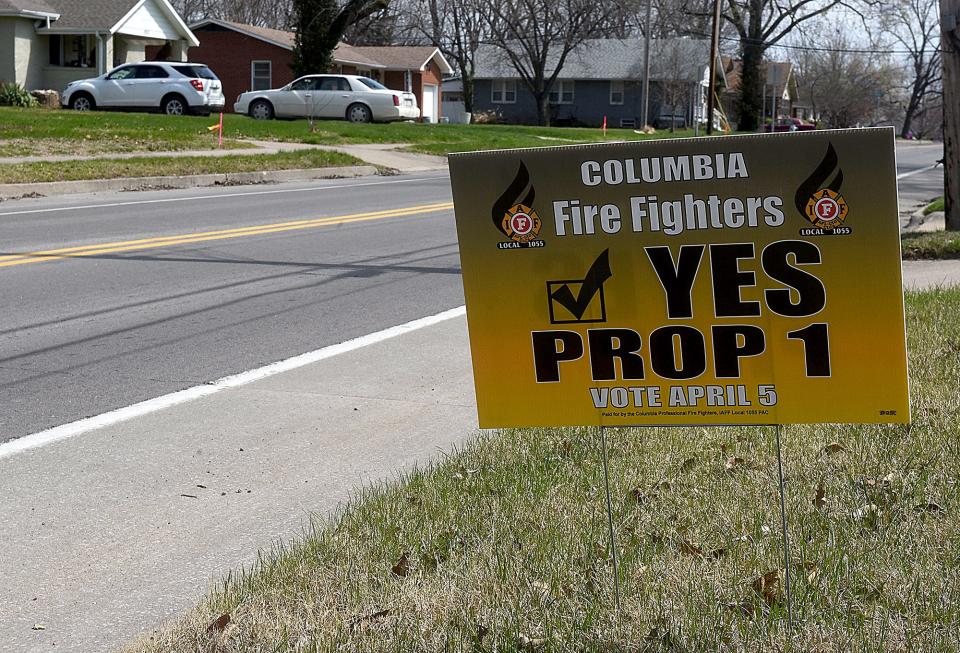What to know about the internet use tax on the ballot for Columbia and Boone County voters

Proposition 1, the internet use tax to be considered by voters on the April 5 ballot, comprises two parts: one to impose a Boone County use tax and the other to impose a City of Columbia use tax.
The use tax would make purchases from online vendors located outside of the state subject to the same sales tax rates as purchases made from local vendors.
The city use tax would be 2%, equal to the sales tax already imposed within city limits.
The county use tax would be at the rate of 1.75%.
If both are passed, residents living within Columbia city limits would be subject to both taxes for a combined rate of 3.75%.
The city and county taxes both will appear on the ballot for those living within city limits. Non-Columbia residents of Boone County will vote only on the county tax.
Neither the city nor the county currently collect a use tax.
Residents would never have to pay both use and sales taxes on the same purchase.
More: Decision on whether to impose local use tax added to Columbia's April 5 ballot
The Columbia Chamber of Commerce is among groups that endorse passage of the internet use tax.
“Proposition 1 will ensure that equivalent goods sold through both online and brick-and-mortar stores are comparably priced," said Chamber President and CEO Matt McCormick. "Our businesses deserve an equal chance to compete for consumers’ dollars, and it benefits everyone in our community when those dollars stay local.”
David Stokes, director of municipalities at the Show-Me Institute, said while he is in support of the idea of the use tax, he is not in favor of the ballot issue as it has been presented here.
"If you were able to use that revenue to replace other more harmful taxes, I would possibly be supportive of it," Stokes said.
Utility and property tax rates should be decreased in order to offset the increase that would come from passing the use tax, he said.
"It is a tax increase," he said. "It does get frustrating as I see cities and counties generally trying to claim it's not a tax increase."
County use tax
If passed, the county expects to receive an additional $3.7 million in revenue annually.
Passing the tax would allow for the county government's core services, which do not function out of any other entity, to be carried out with additional resources, Boone County Commissioner Janet Thompson said.
"It would allow us to sustain the needs of a growing population," Thompson said.
Core functions include public safety as well as road and bridge maintenance, she said. The county's budget is funded 70% by sales tax that is currently collected, she added.
The rise in online purchases has "drastically altered how much revenue we're getting," Thompson said of the importance of the tax.
"Every single county surrounding us that touches Boone County has already implemented the use tax," Thompson said. "We like to say Boone County is the leader of the pack, but not on this."

City use tax
"(The tax) would make the purchases made online comparable to purchases made in a local store," said City of Columbia Finance Director Matthew Lue.
If all purchases were to move online without a use tax, the city would not be able to collect any sales tax, he said. Services paid for by local taxes, including road repairs and the health department, would not receive necessary funding, he said.
If voters pass the use tax, the city expects to receive an additional $5.6 million in annual revenue. Of the revenue, 50% would go to the city's general fund; 25% would go toward transportation; and 12.5% each would go toward parks and capital improvements, respectively, according to information provided by the city.
The funds could allow for the one-time hiring of seven new firefighters or eight new police officers, according to Lue. The funding could also annually cover about 15 lane miles of road repair or about 30 blocks of sidewalk maintenance and repairs, he said.
Whether the use tax would apply would depend on the location of the purchase. If goods are purchased online from a vendor located in Missouri, sales taxes are applied at the rate of the vendor's location. If goods are purchased online from a vendor outside the state, the use tax would apply.
According to the city's website, more than 220 cities in the state already have a use tax in place, including Kansas City, St. Louis and mid-Missouri towns such as Boonville, Fayette and Fulton.
The city estimates that with the rise in online sales, Columbia has missed out on approximately $30 million in tax revenue over the past five years.
Why the tax was previously rejected
The measure was previously rejected by voters in November 2017.
Reasons the tax did not pass back then likely include lack of communication of its benefits and importance, Lue said.
"I think this time we are trying to get the message out, what the use tax is, define it for people and what the funds would be used for," Lue said.
"We just didn't do a good job of explaining," Thompson said of why she thought the tax did not pass in 2017. "This time it's more of a concerted effort."
Both spoke of the impact the tax would have on local businesses. The businesses are at a "competitive disadvantage" because online vendors are not expected to collect the same sales tax, but use the roads and bridges that are funded by local taxes, they said.
If approved, the use tax would go into effect January 2023.
This article originally appeared on Columbia Daily Tribune: Internet use tax on ballot for Columbia and Boone County voters

